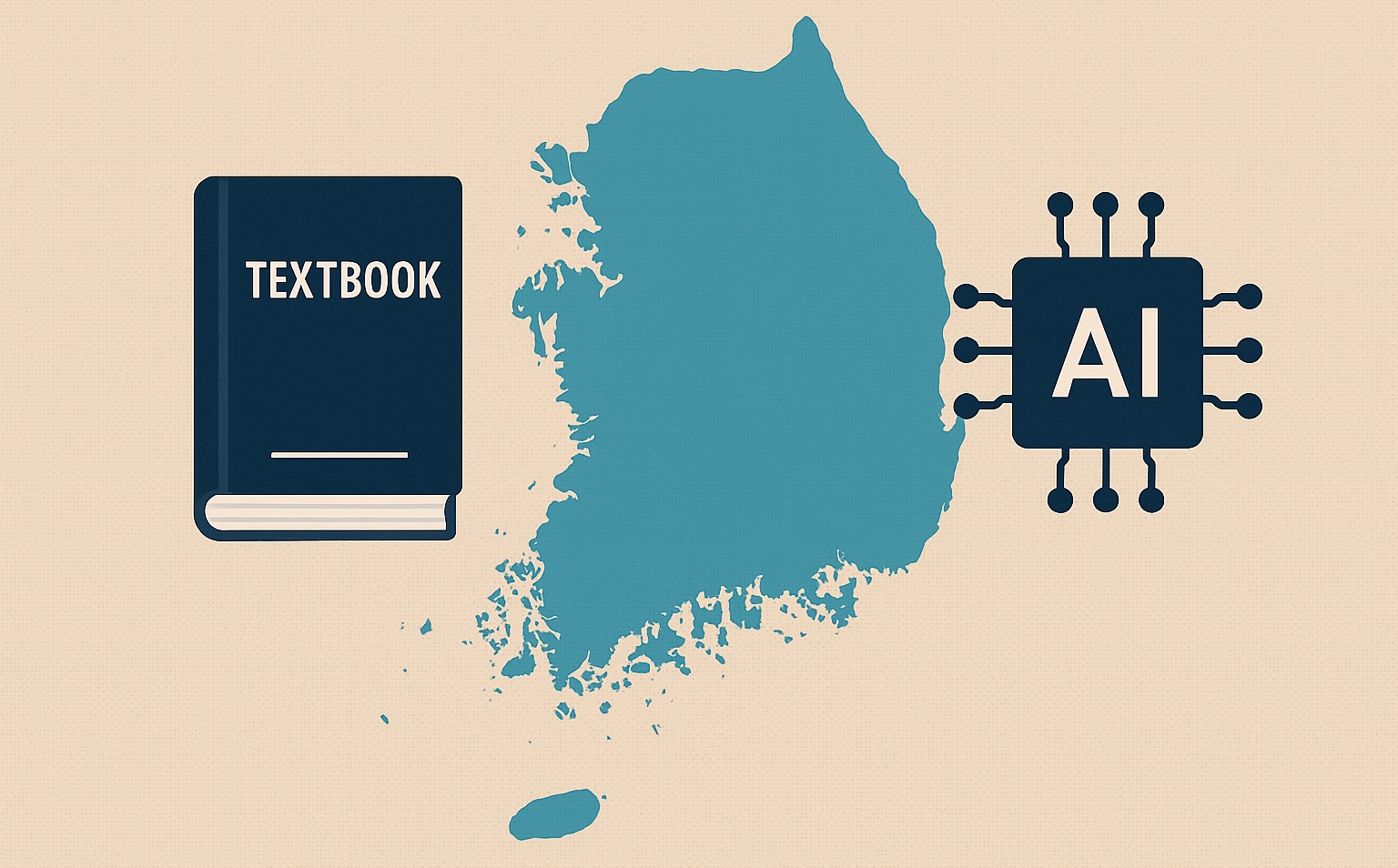
by BrainStream CEO Steve Alcorn
South Korea once aimed for an AI-driven education revolution, but that vision has stumbled amid controversy, politics, and skepticism. Former President Yoon Suk-yeol and Education Minister Lee Juho promised that AI-supported digital textbooks would transform classrooms, personalizing lessons in math, English, and computer science. The technology was meant to reduce reliance on costly private tutoring institutes (Hakwons) and improve educational equity.
Yet the rollout has been rocky. By March 2025, fewer than 30% of elementary schools were using AI textbooks, with similar rates in middle schools. Teachers reported inadequate training—98.5% said preparation was insufficient—and parents launched petitions warning of excessive screen time and data privacy risks. Political upheaval deepened resistance: Yoon’s impeachment and the election of liberal President Lee Jae-myung, who is skeptical of AI textbooks, shifted priorities.
Parliament further undermined the program by reclassifying AI books as “supplementary materials,” leaving adoption up to individual principals, who must now bear the costs. Regional divides also mirror political ones: conservative Daegu embraced AI textbooks widely, while liberal regions lag far behind.
The debate highlights a broader challenge: how to balance technological innovation with preparation, equity, and trust. Future reforms will need stronger teacher support, equitable access, and longer pilot phases before AI textbooks can truly reshape education.

